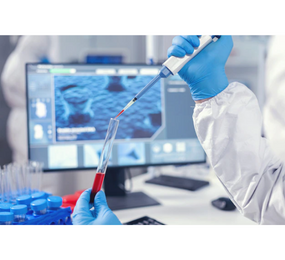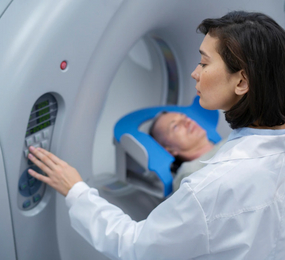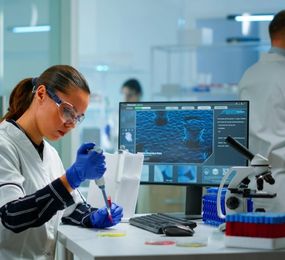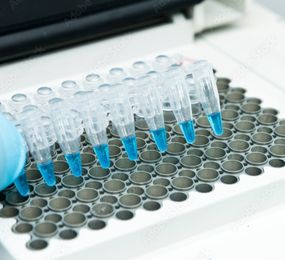Biomanufacturing, while offering numerous benefits, raises ethical concerns that must be carefully addressed to ensure a sustainable future. Ethical biomanufacturing involves considering the environmental impact, human rights, animal welfare, and transparency of the production process.
Environmental Impact:
- Sustainability: Minimizing the environmental footprint of biomanufacturing is crucial. This includes reducing waste, conserving energy, and utilizing renewable resources.
- Biodiversity Preservation: Ensuring biomanufacturing practices do not harm biodiversity is essential. This involves avoiding the use of endangered or protected species and minimizing the impact on ecosystems.
Human Rights:
- Labor Practices: Ensuring fair labor practices, including safe working conditions, reasonable wages, and freedom from discrimination, is essential in biomanufacturing.
- Community Well-being: Considering the social and economic impacts of biomanufacturing on local communities is important. This includes supporting sustainable development and addressing potential negative consequences.
Animal Welfare:
- Animal Testing: If animal testing is necessary, it must be conducted ethically and with minimal suffering. Alternatives like in vitro testing should be explored whenever possible.
- Animal-Derived Ingredients: The use of animal-derived ingredients in biomanufacturing should be minimized, and ethical sourcing practices should be ensured.
Transparency and Accountability:
- Open Communication: Transparency about biomanufacturing processes, including the use of genetically modified organisms (GMOs), is essential for building public trust.
- Traceability: Ensuring traceability throughout the supply chain helps identify and address any ethical concerns.
- Accountability: Biomanufacturing companies should be held accountable for their actions and be subject to ethical audits.
Ethical Guidelines:
Developing and adhering to ethical guidelines for biomanufacturing can help ensure responsible practices. These guidelines can address issues such as:
- Genetic Engineering: The use of genetically modified organisms should be regulated and monitored to prevent unintended consequences.
- Patents and Intellectual Property: Ensuring equitable access to essential biotechnologies is crucial for global health.
- Consumer Safety: Prioritizing consumer safety and well-being throughout the biomanufacturing process.
Ethical biomanufacturing is a critical aspect of building a sustainable future. By considering environmental impacts, human rights, animal welfare, and transparency, biomanufacturing companies can contribute to a more responsible and equitable world. As the field continues to evolve, it is essential to uphold ethical principles and strive for a harmonious balance between innovation and sustainability.
To register or learn more about the Forum please check here: https://bit.ly/3WRMLFS.
For more information and group participation, contact us: [email protected]
















